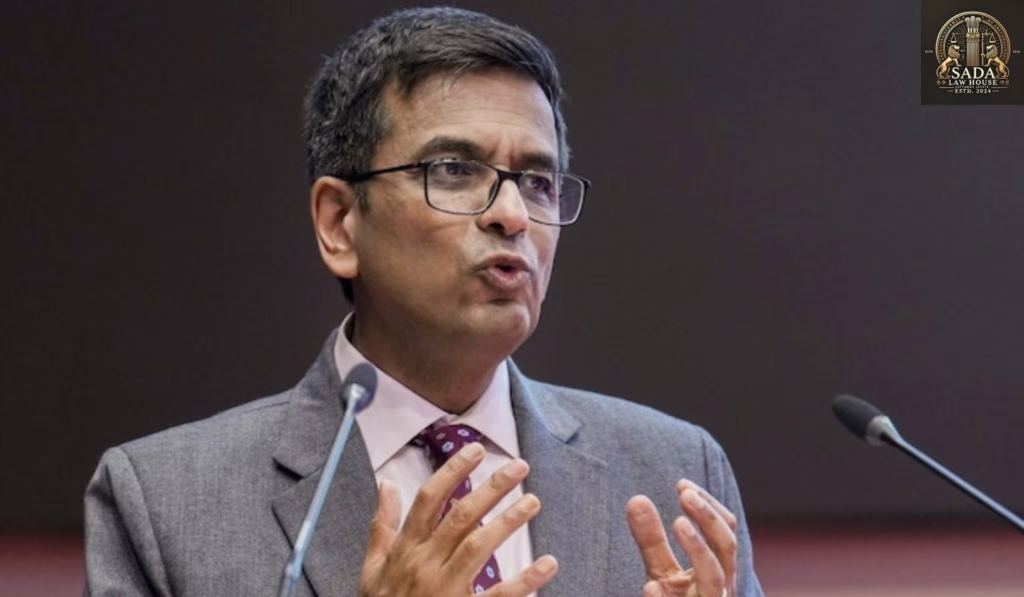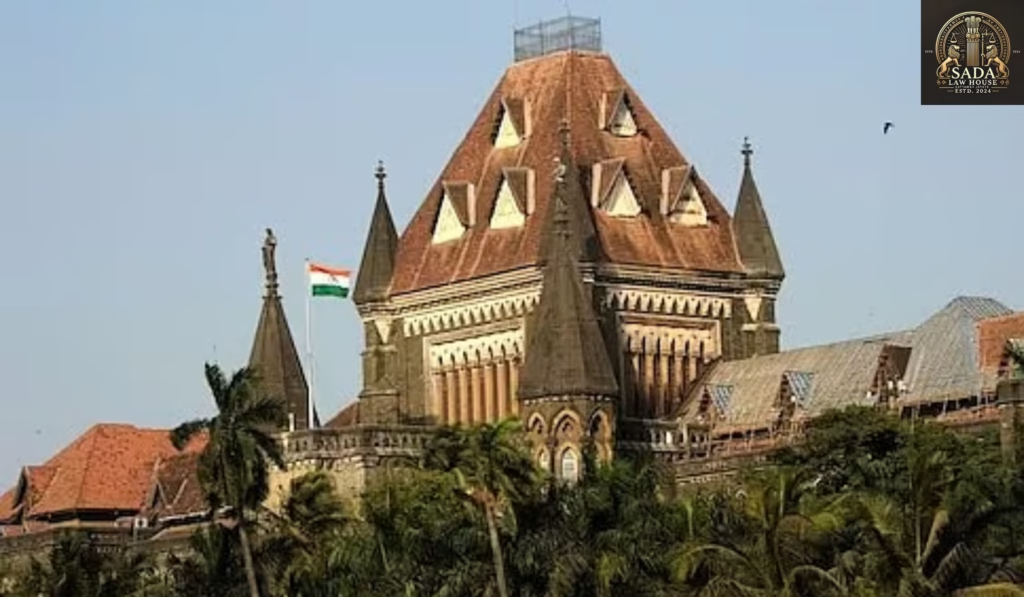Madras High Court Rules False Sexual Allegations as Mental Cruelty, Grants Divorce to Husband
Trending Today Madras High Court Rules False Sexual Allegations as Mental Cruelty, Grants Divorce to Husband President Approves Inquiry Into Former CJI D Y Chandrachud Over Alleged Misuse of Power Bokaro Launches Mobile Land Court to Deliver Justice in Rural Jharkhand Supreme Court Questions Centre on Surrogacy Rules 2023: Challenge Highlights Reproductive Rights and Constitutional Concerns Delhi High Court Restrains Unauthorized Use of “TATA” Trademark in Domain Names Bombay High Court Halts BMC Demolition Over Alleged Illegal Structures Amid Procedural Dispute Madras High Court Seeks Tamil Nadu’s Response on Facial Recognition in Policing Amid Privacy Concerns Madras High Court Seeks Tamil Nadu Govt’s Response on PIL Challenging Facial Recognition in Policing Supreme Court Affirms Maternity Leave as Constitutional Right, Even for Third Child Supreme Court Grants Bail to Bengaluru Stampede Executives, Emphasizes Due Process and Fair Arrests Madras High Court Rules False Sexual Allegations as Mental Cruelty, Grants Divorce to Husband PRABHAT KUMAR BILTORIA 16 June 2025 The Madras High Court rules that false sexual allegations against a husband or father-in-law amount to mental cruelty, granting grounds for divorce. Explore this significant judgment, its background, and legal implications. Madras High Court Declares False Sexual Allegations as Mental Cruelty in Divorce Case The Madras High Court has delivered a landmark ruling, stating that baseless and defamatory sexual allegations against a husband or father-in-law can legally be considered mental cruelty, providing solid grounds for divorce under Indian law. Background of the Case The judgment was passed by a Division Bench comprising Justices J. Nisha Banu and R. Sakthivel. They overturned a previous ruling by a Family Court in Chennai, which had denied a divorce plea filed by the husband in 2023. The couple, married in September 2015, had a child in July 2016. However, their relationship quickly soured, leading to the husband’s divorce petition in October 2017. Allegations and Legal Arguments According to V.R. Kamalanathan, counsel for the husband, the wife had stayed at their matrimonial home for only 51 days during the initial years of marriage, choosing to live at her mother’s residence. The husband also claimed she frequently engaged in verbal abuse and instigated arguments. After the petition was filed, the wife alleged that her father-in-law made sexual advances and that her husband had multiple affairs, labeling him a pervert. However, these allegations were later retracted. The husband’s lawyer contended that such false and derogatory claims inflicted severe mental distress on the husband and his family, thus qualifying as cruelty under Indian marriage laws. Bench Observations and Judgment Justice R. Sakthivel, writing on behalf of the Bench, remarked that if the wife genuinely believed she had been coerced into withdrawing her police complaint, she should have pursued the matter through criminal proceedings. The Bench observed that such unproven sexual accusations could cause irreversible psychological harm and social stigma, validating the husband’s claim of mental cruelty. Taking into account the couple’s eight-year separation and unsuccessful mediation efforts, the court dissolved the marriage and ordered maintenance for the wife and child. Legal Significance and Implications This ruling reinforces the judiciary’s stance on protecting individuals—particularly husbands and their families—against false allegations in matrimonial disputes. It sets a crucial precedent in interpreting mental cruelty as a valid ground for divorce in India. By recognizing the emotional and social damage caused by defamatory statements, the court sends a strong message against misuse of legal provisions related to domestic abuse and sexual misconduct. Leave a Reply Cancel Reply Logged in as Sada Law. Edit your profile. Log out? Required fields are marked * Message* Live Cases Madras High Court Rules False Sexual Allegations as Mental Cruelty, Grants Divorce to Husband Sada Law • June 16, 2025 • Live cases • No Comments President Approves Inquiry Into Former CJI D Y Chandrachud Over Alleged Misuse of Power Sada Law • June 16, 2025 • Live cases • No Comments Bokaro Launches Mobile Land Court to Deliver Justice in Rural Jharkhand Sada Law • June 16, 2025 • Live cases • No Comments 1 2 3 … 5 Next »










